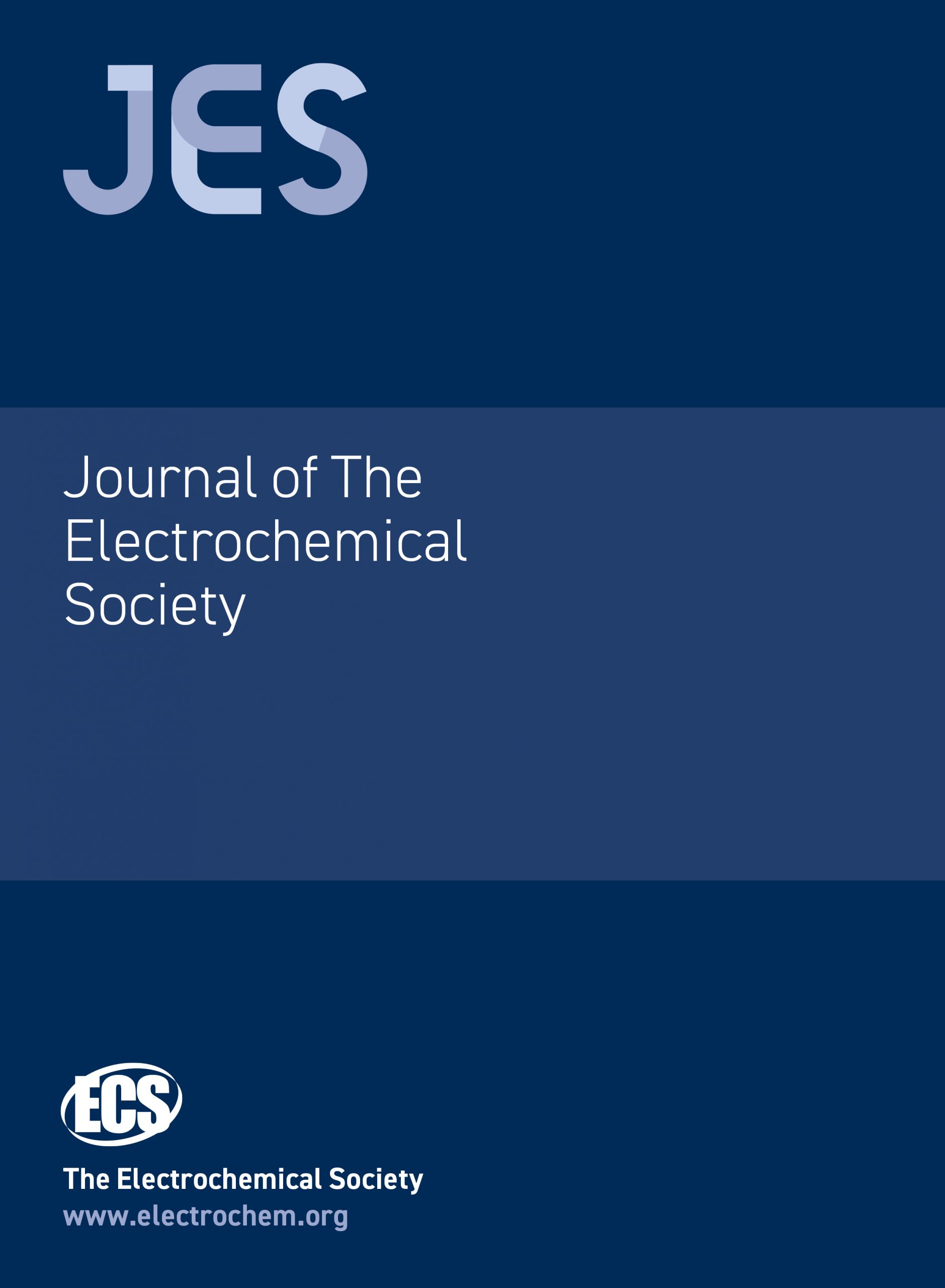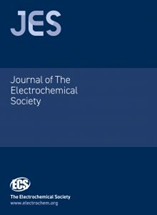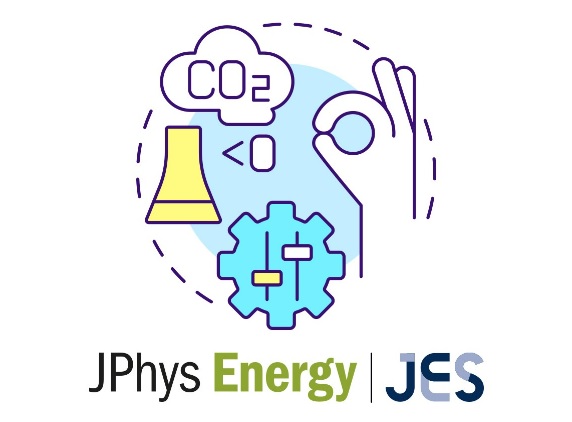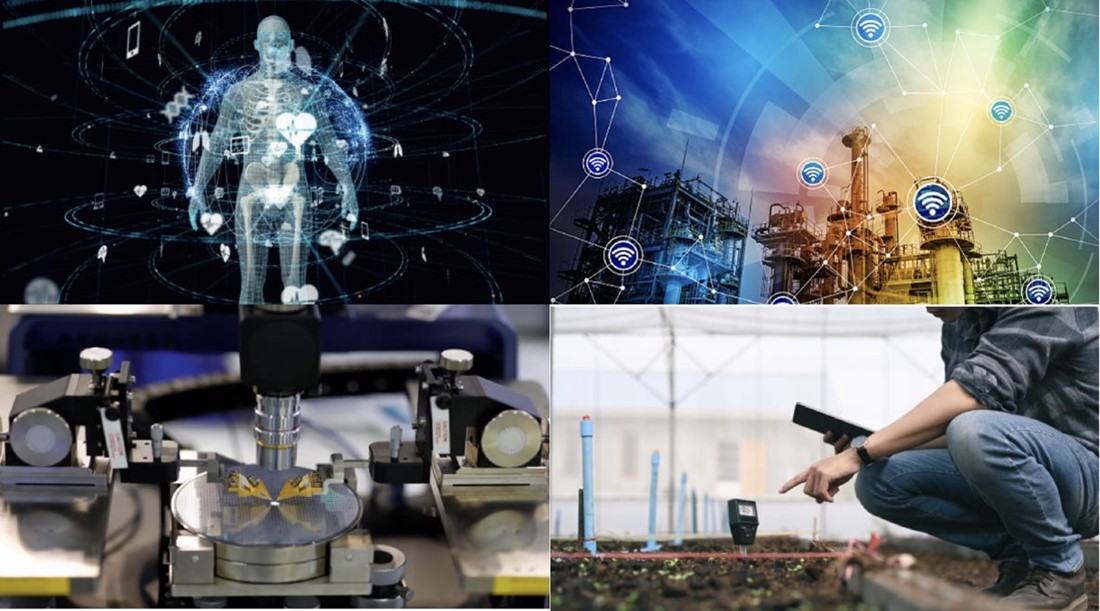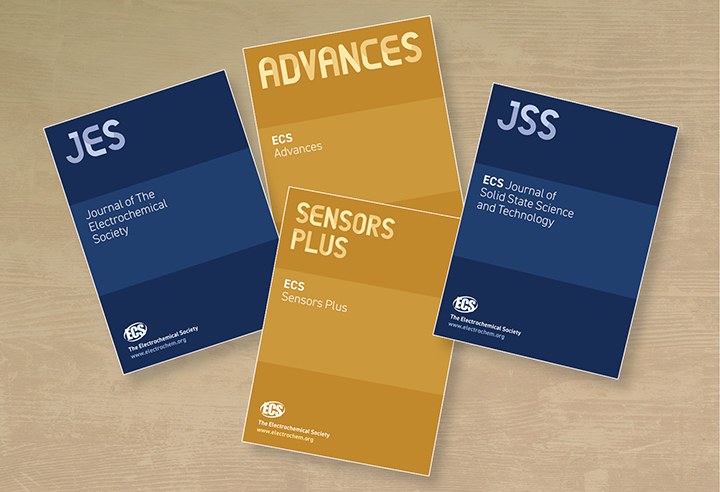 Join ECS in celebrating our USA: Top Cited Paper Awards winning authors.
Join ECS in celebrating our USA: Top Cited Paper Awards winning authors.
Our publishing partner, IOP, presents these awards to papers in the top one percent (1%) of the most-cited articles recently published in IOP journals with corresponding authors based in the United States of America. The top cited papers are identified based on data from Clarivate’s Web of Science during the period of 2020 to 2022.
This year, authors from the Journal of The Electrochemical Society were awarded in the Energy Materials and Review articles categories.
We congratulate all the USA: Top Cited Paper Awards authors on their outstanding achievements and are proud to amplify their work within the scholarly record.


